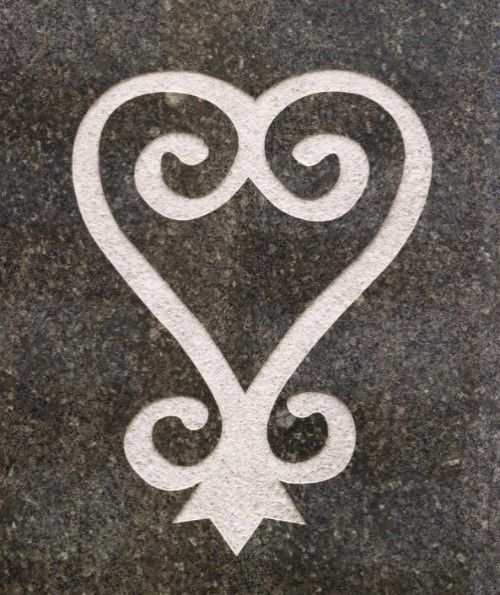International Day for the Remembrance of the Slave Trade and its Abolition
Published: 22 August 2021
The Beniba Centre formally honours the memory of the tens of millions of people taken captive, enslaved or forced into bound labour.
The night of 22 to 23 August 1791, in the fields of Bois Caiman, in the northern region of then French colony of Saint-Domingue (known today as Haiti), a group of enslaved yet potential rebels met in secret for a religious ceremony of blessings and protection in support of their plans for fighting against French colonists and plantation owners to end their oppression.

The 23rd of August was the first spark of the Black uprising that would become the Haitian Revolution. Enslaved Africans were the main actors in their own liberation. Not only did Black resistance result in the birthing of a free Black nation in the Atlantic world, but it inspired numerous other revolts across the Americas, playing a significant role in the abolition of the transatlantic slave trade and slavery.
First celebrated in Haiti in 1998, UNESCO designated the 23 August as Slavery Remembrance Day. The Beniba Centre for Slavery Studies joins the growing number of countries, institutions, and organisations to annually commemorate the men and women who partook in this event as part of an International Day for the Remembrance of the Slave Trade and its Abolition. Furthermore, it is the intention of the Beniba Centre for Slavery Studies to organize events and family friendly activities to mark 23 August in future years.
The Beniba Centre formally honours the memory of the tens of millions of people taken captive, enslaved or forced into bound labour across 400 years and acknowledge that modern slavery is worldwide phenomenon of continued human exploitation that must be actively fought and extinguished.
We pause and reflect on the people who were more than victims. These men, women, and children not only lived and suffered but also resisted, sustained resilience and even retained and created African-based cultural aesthetics which today, forms a proud Black diasporic heritage.
The Beniba Centre is proud to help preserve and honour this tradition.
First published: 22 August 2021

